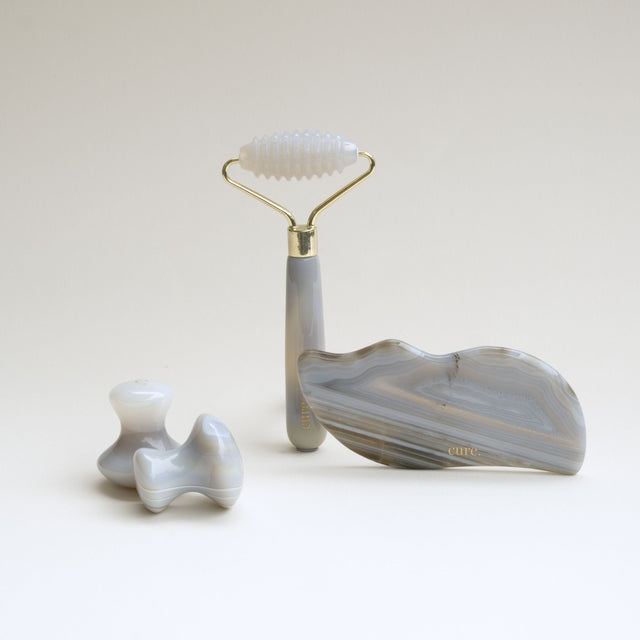How to restore the skin after stress
The connection between the condition of the skin and our mental state is so complex that there is a separate scientific field for its study — psychodermatology. The skin reacts acutely to stress due to receptors that are particularly sensitive to stress hormones.
The nervous system sends anxiety signals to skin cells, which, in turn, produce their own stress mediators. As a result of stress, the following changes occur:
- Skin sensitivity increases
- Dryness and dehydration intensify
- Blood vessels become more fragile, leading to redness
- Facial tone becomes dull
- Wrinkles and folds appear, and skin elasticity decreases due to the slowing production of hyaluronic acid, collagen, and elastin caused by stress
- Free radicals damage skin cells and accelerate the aging process
However, most of these consequences are reversible if you take timely care of yourself and your skin.
How to restore the skin after stress:
- Support the protective functions of the skin: Incorporate beauty products into your routine that focus on restoring the protective barrier when you are under stress
- Combine skincare with Gua Sha massage: Facial massage is essential to strengthen facial muscles and relieve tension. After applying cream in a calm, relaxed environment with pleasant music, perform a massage using a Gua Sha scraper and roller
- Avoid aggressive procedures: Since the skin's protective forces are depleted, opt for gentle care
- Switch to mild hypoallergenic cleansers
- Add a serum with collagen, elastin, or hyaluronic acid to your skincare routine: This will help improve skin firmness
How to support yourself and your body during stress:
- Avoid intense physical exertion to prevent additional stress: Engage in gentle exercises, such as dancing to your favorite music or taking walks in the park.
- Limit time on social media and detox from them
- Control work-related stress: Avoid reading work chats and emails in the evenings and weekends.
- Meditate
- Review your social circle and minimize communication with toxic people.
- Call and meet with loved ones more often; don't stay alone with sad thoughts
- Increase psychological resilience: Maintain your daily routine, find relaxing rituals (warm baths, music, reading, drawing, etc.), spend more time in nature, and find pleasure in small things
- If you feel that your own strength is insufficient, seek help from a psychologist








